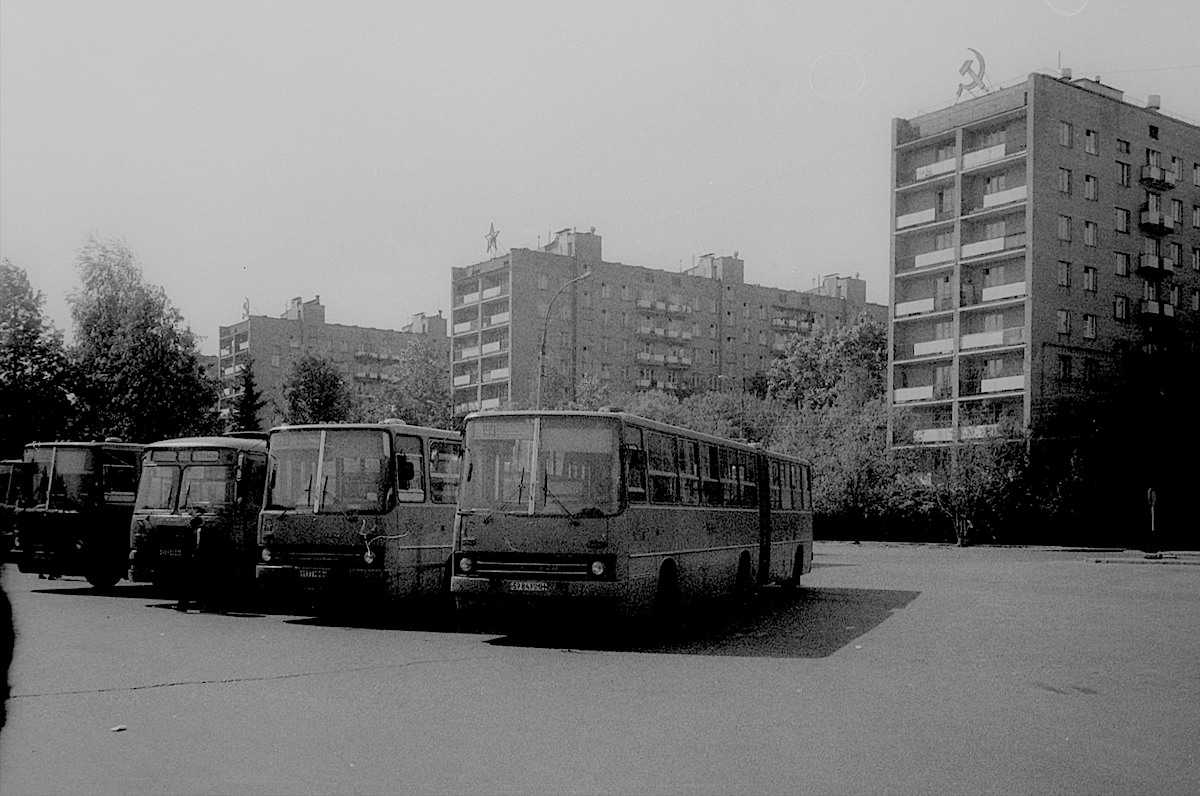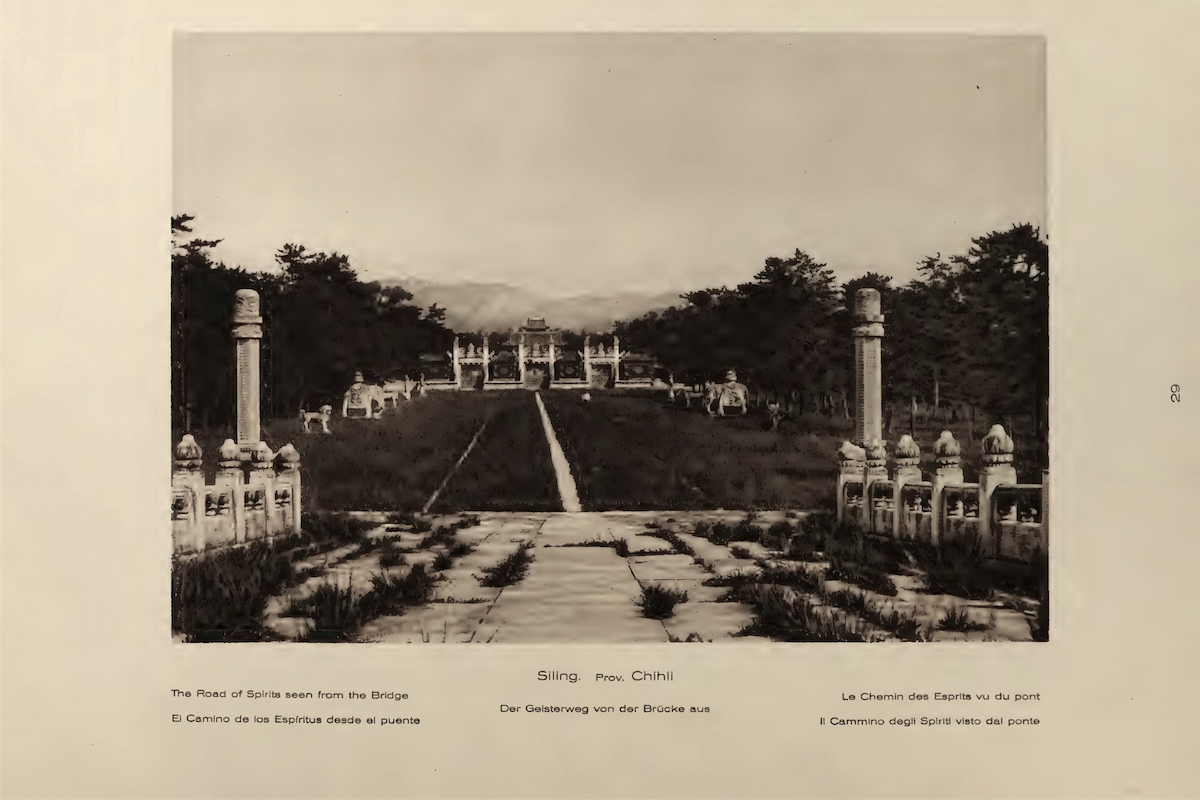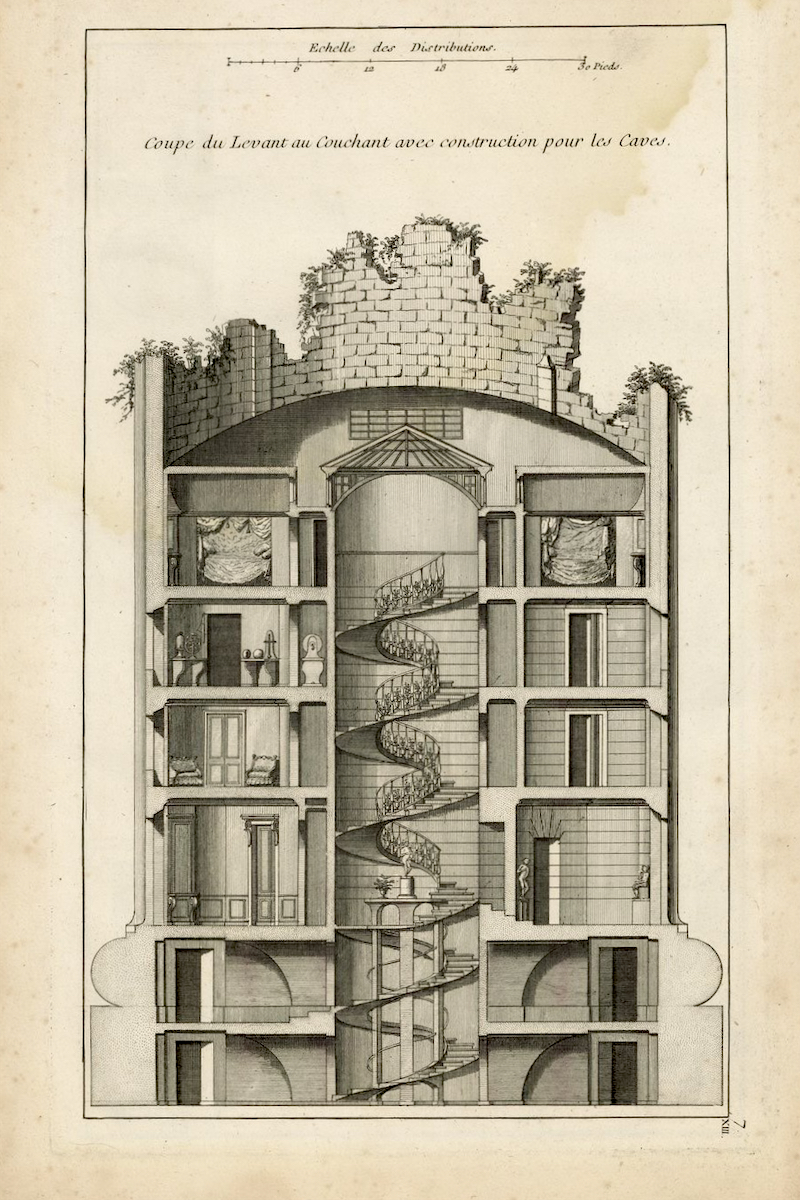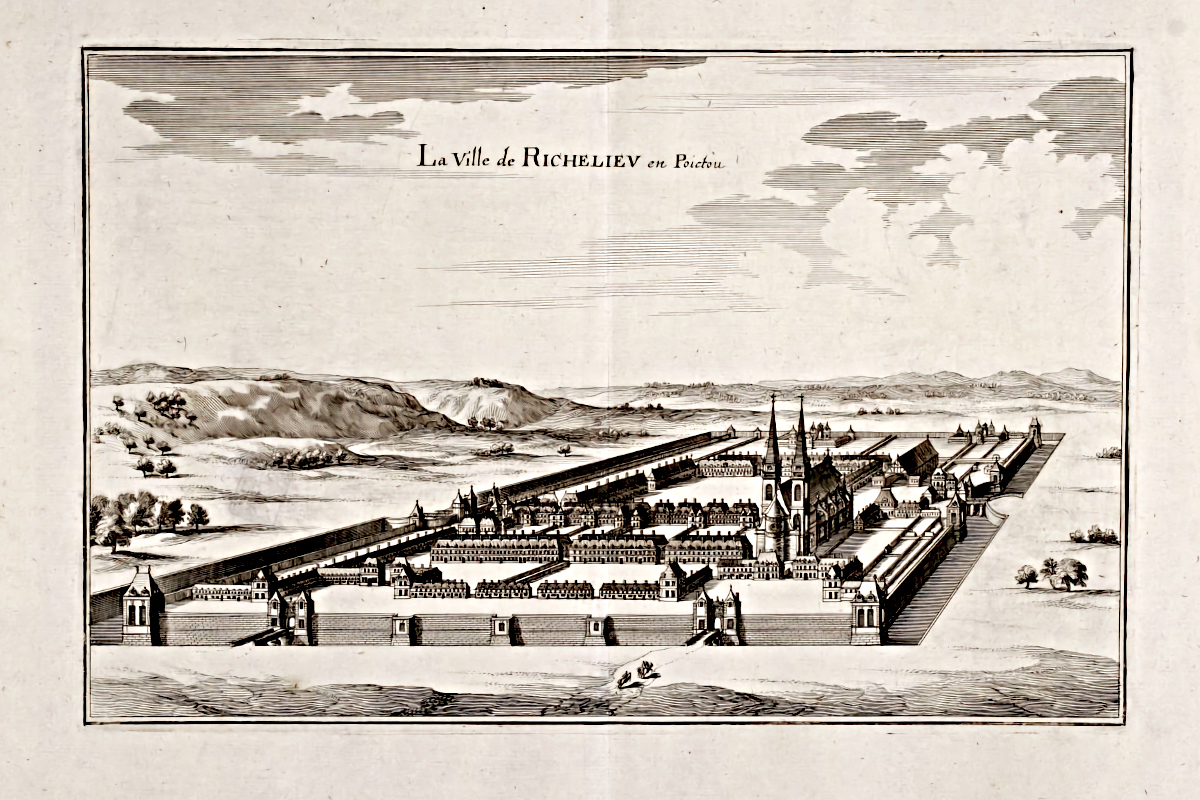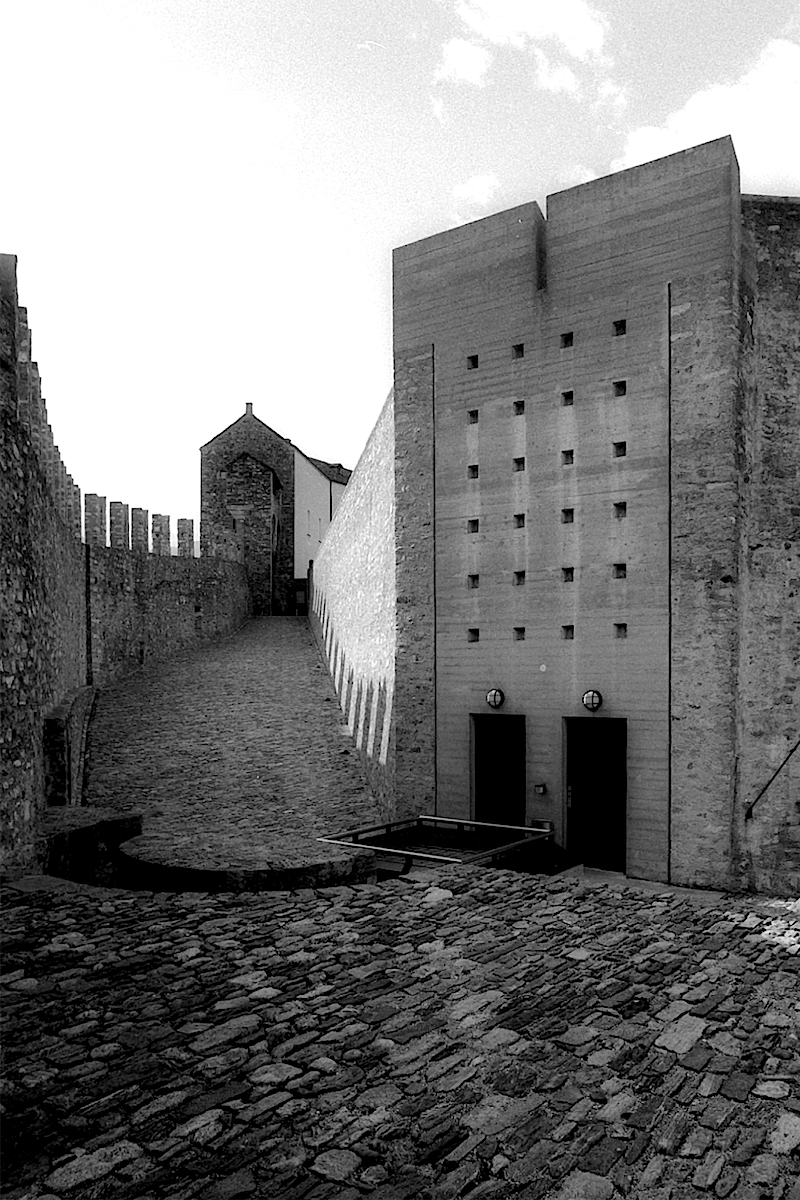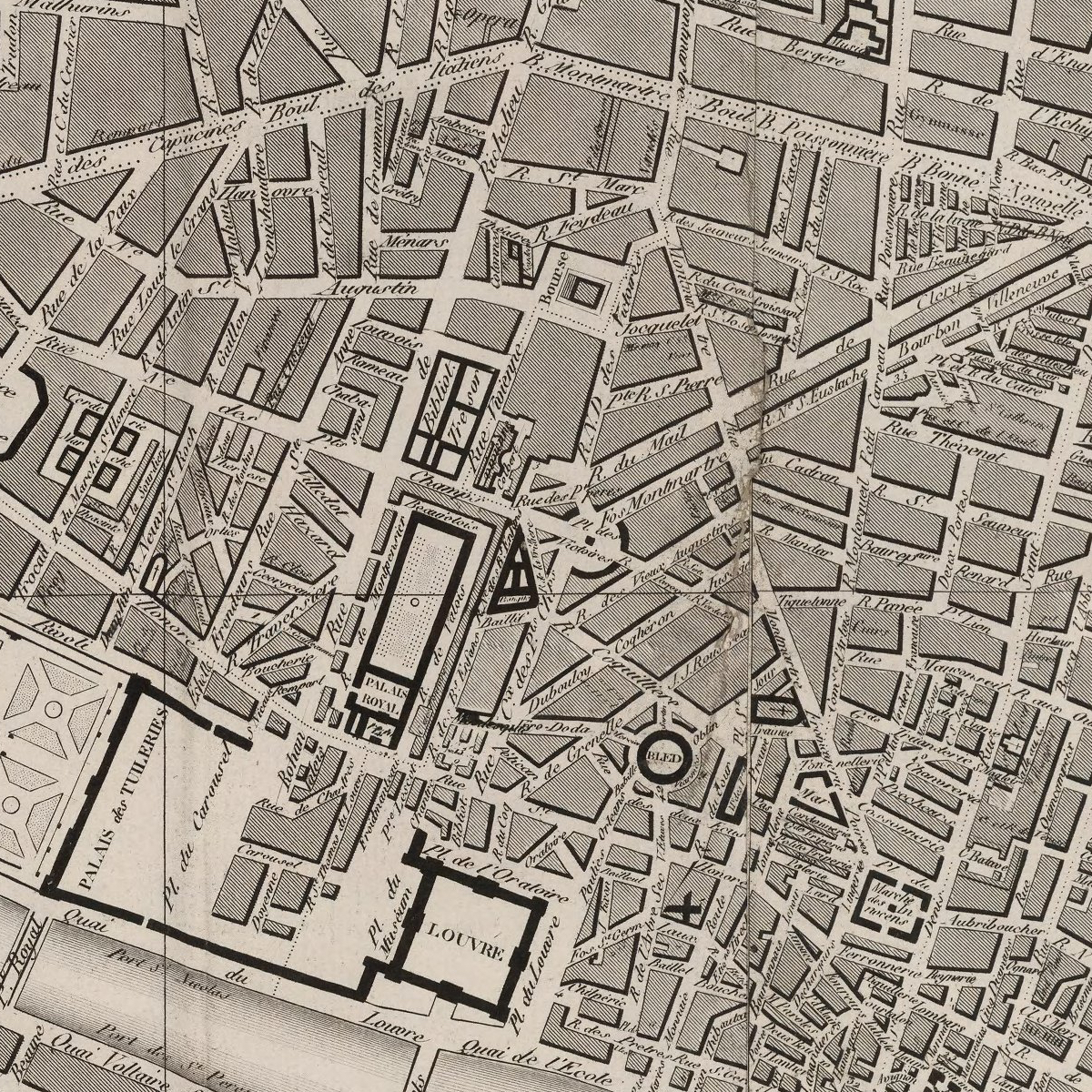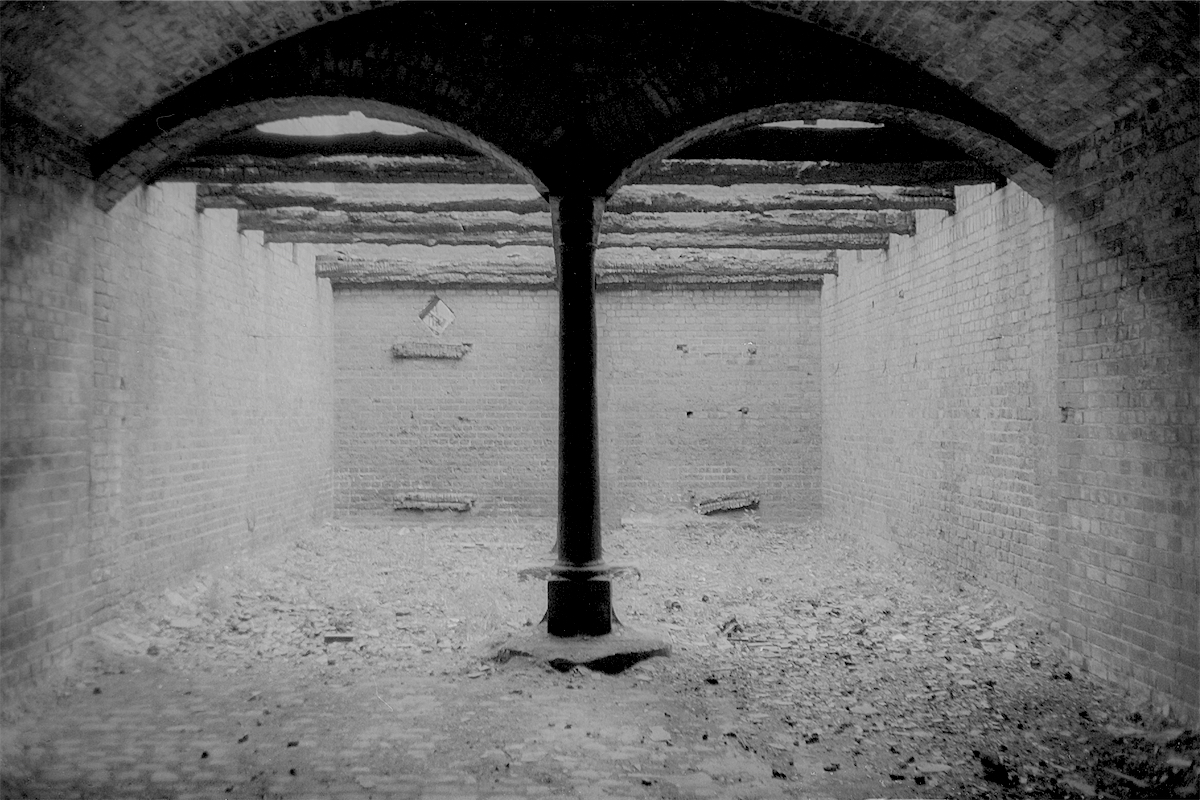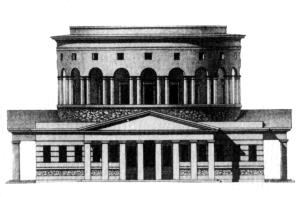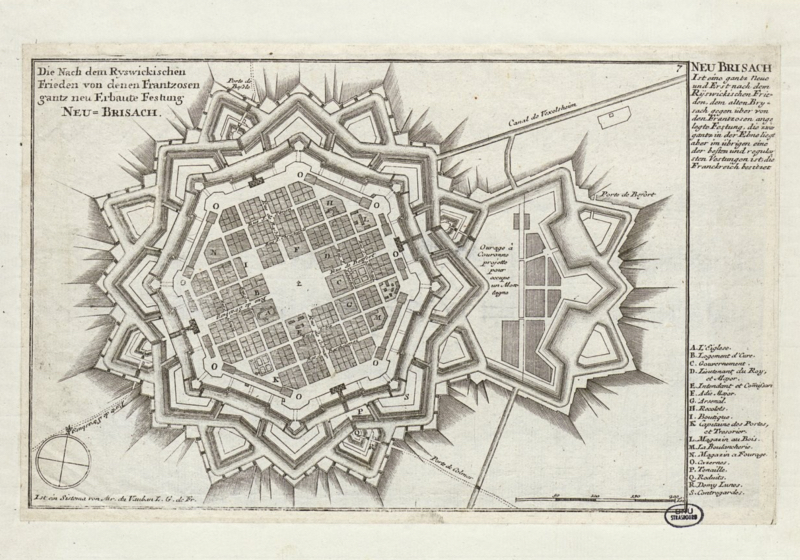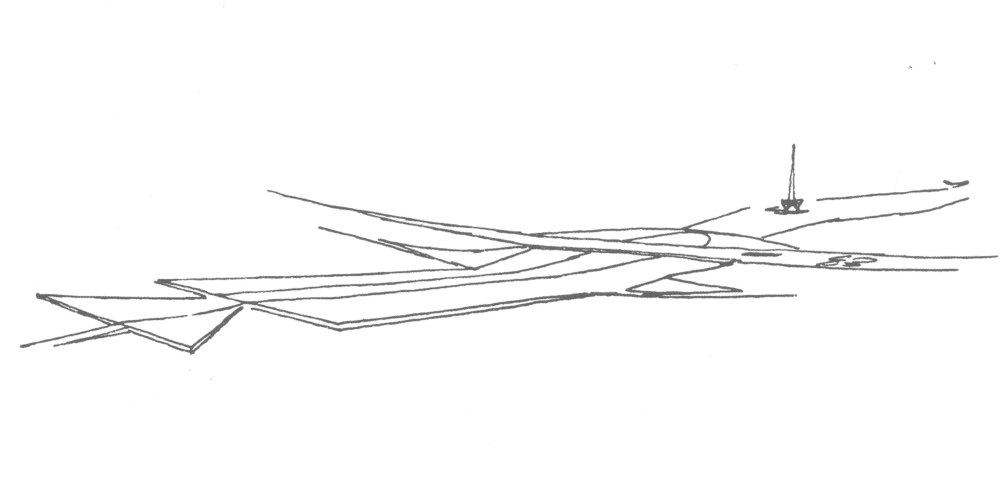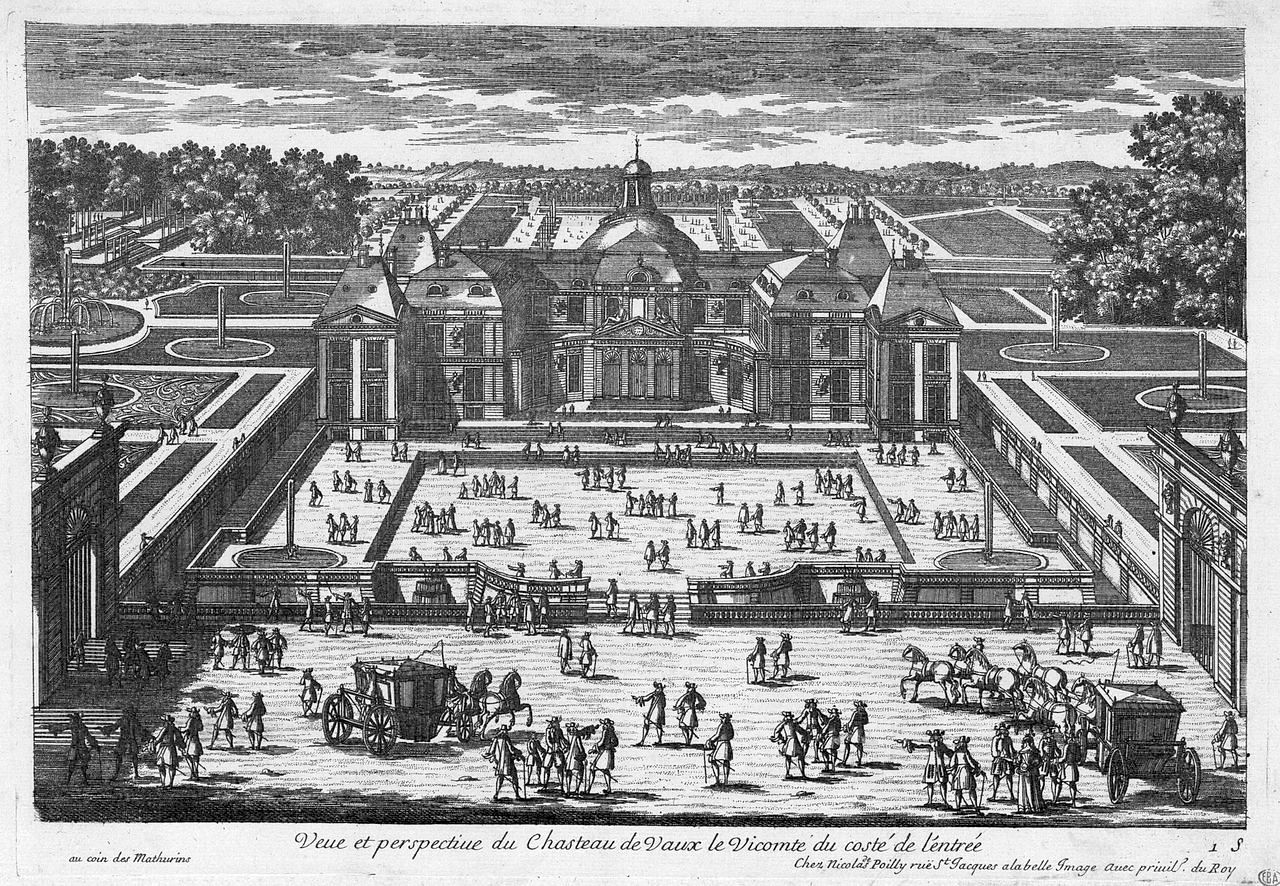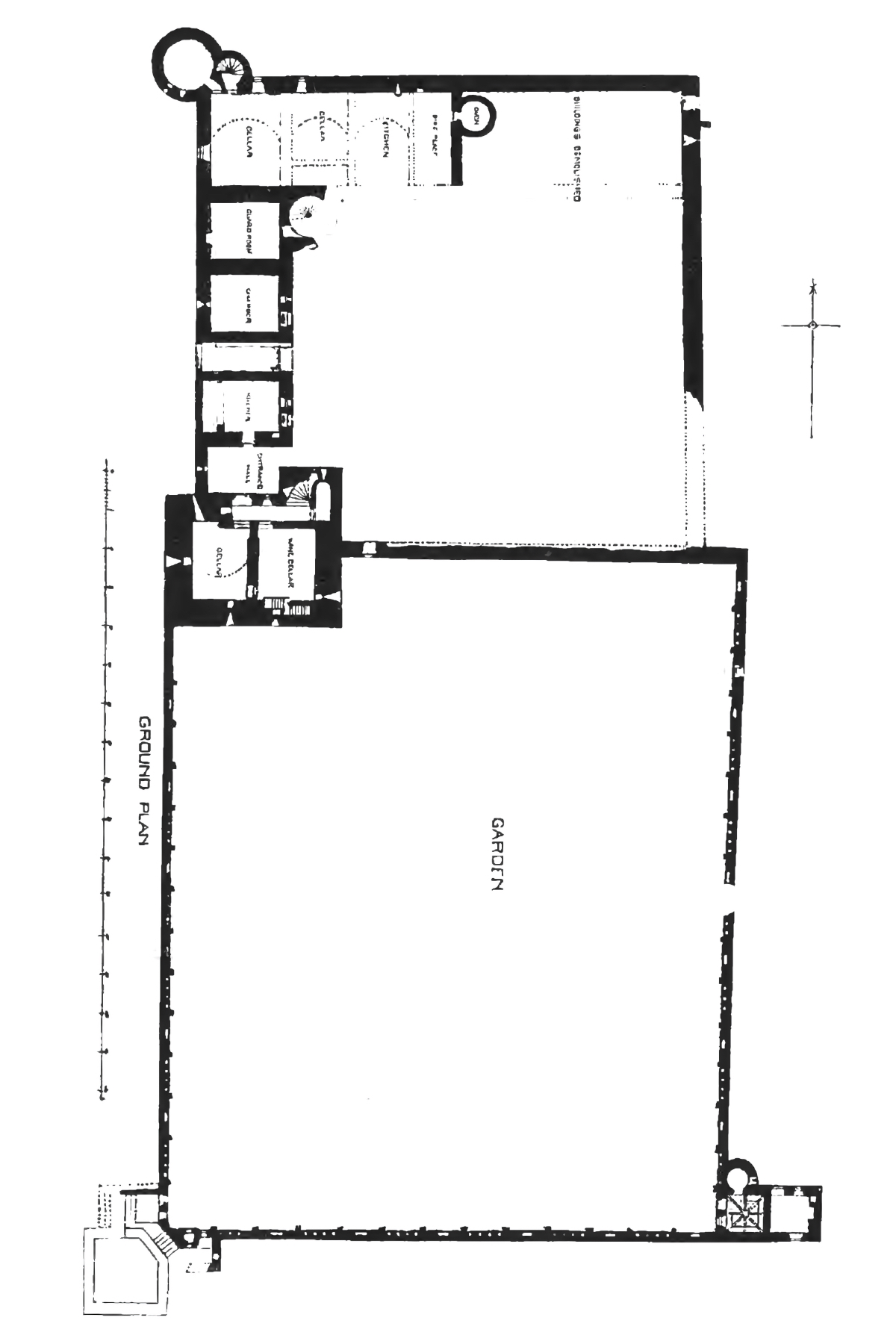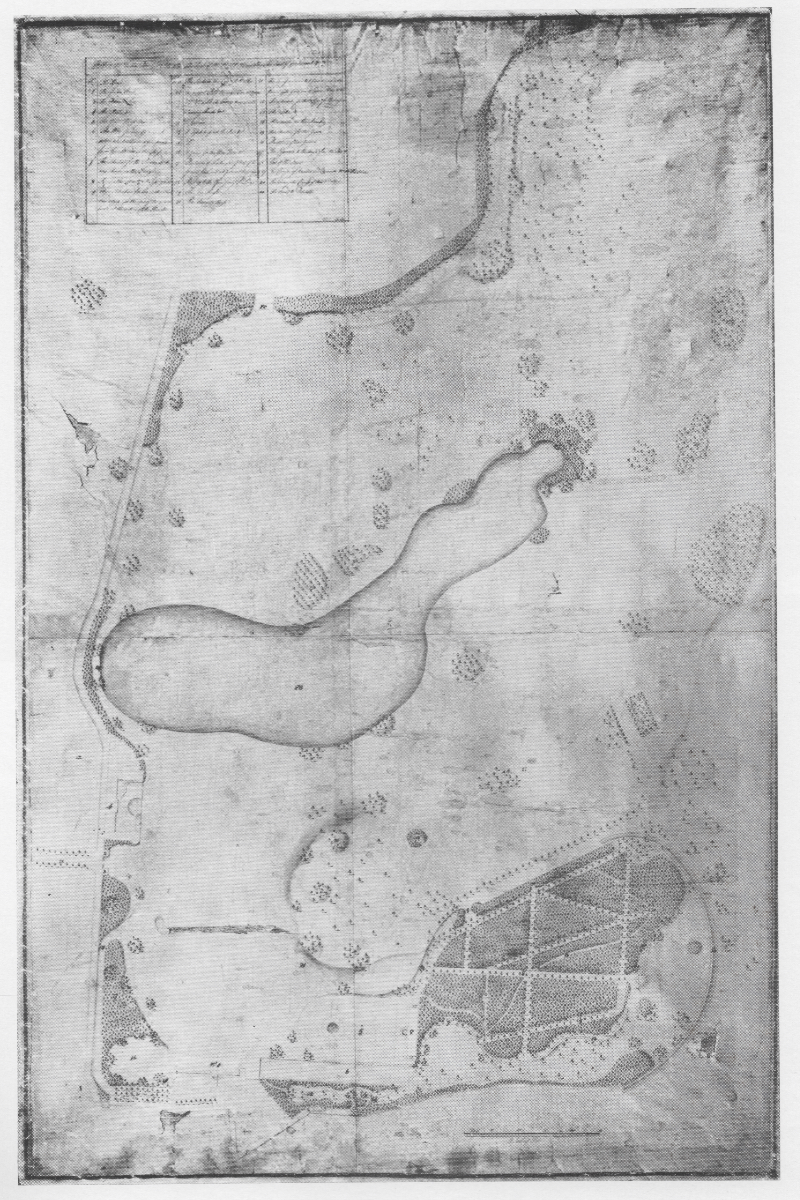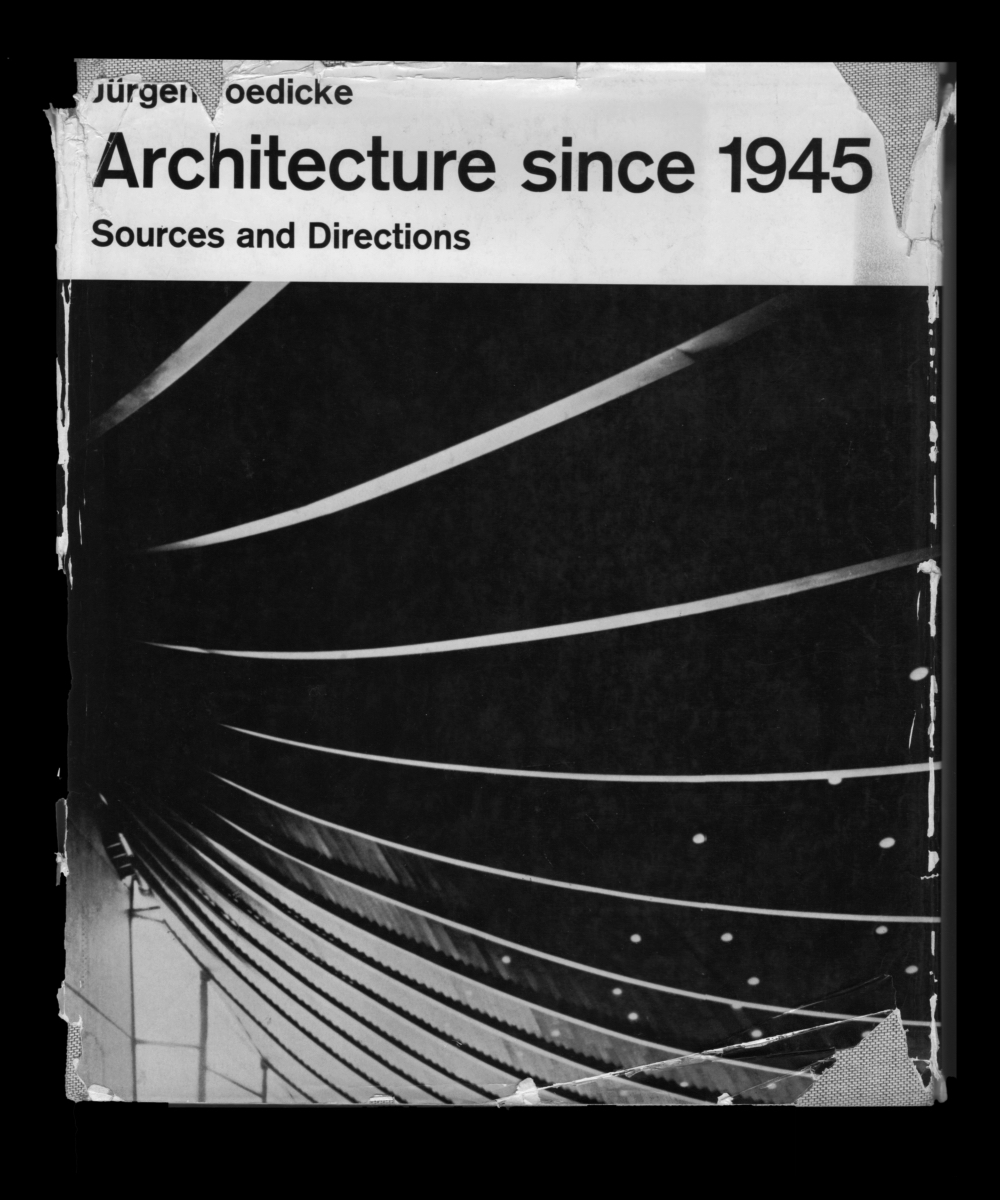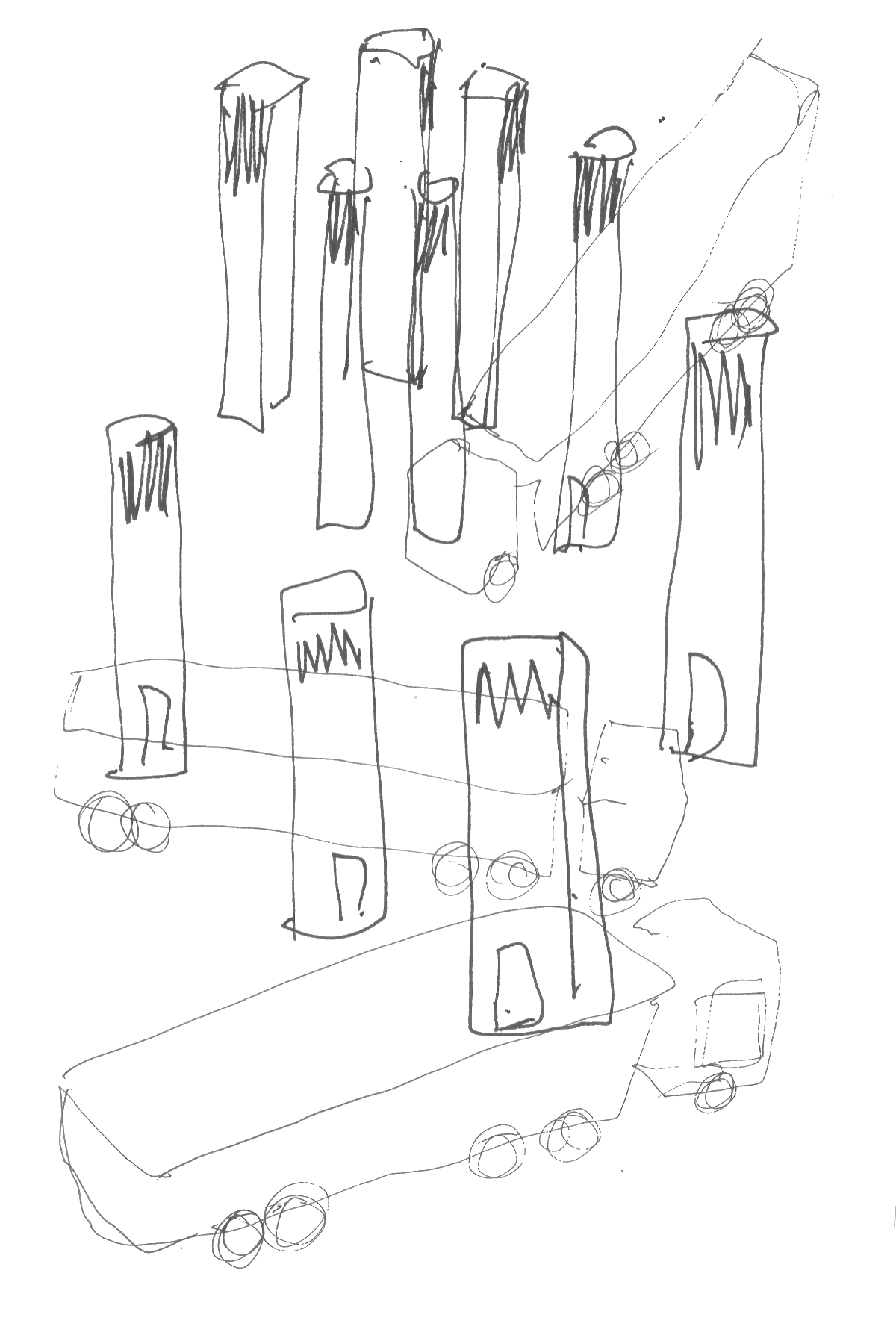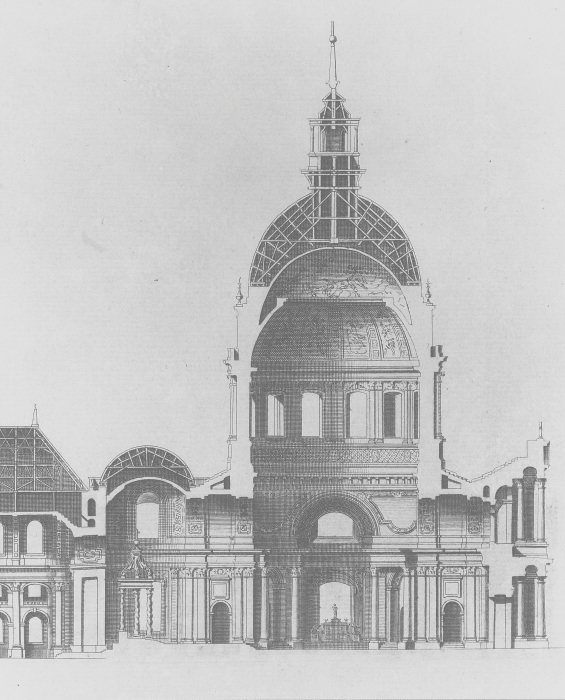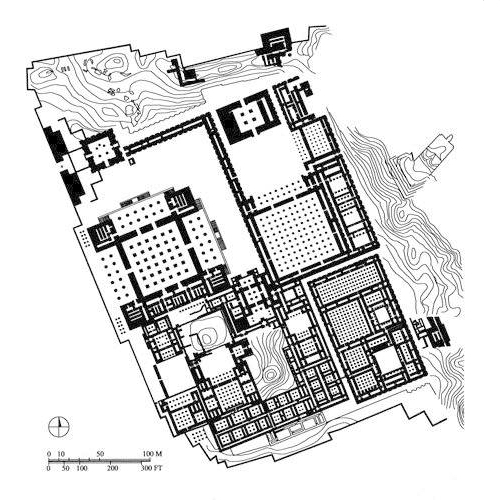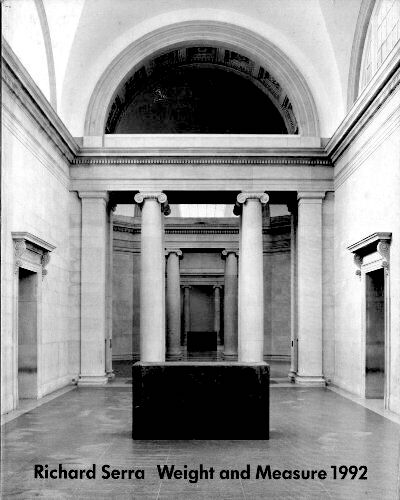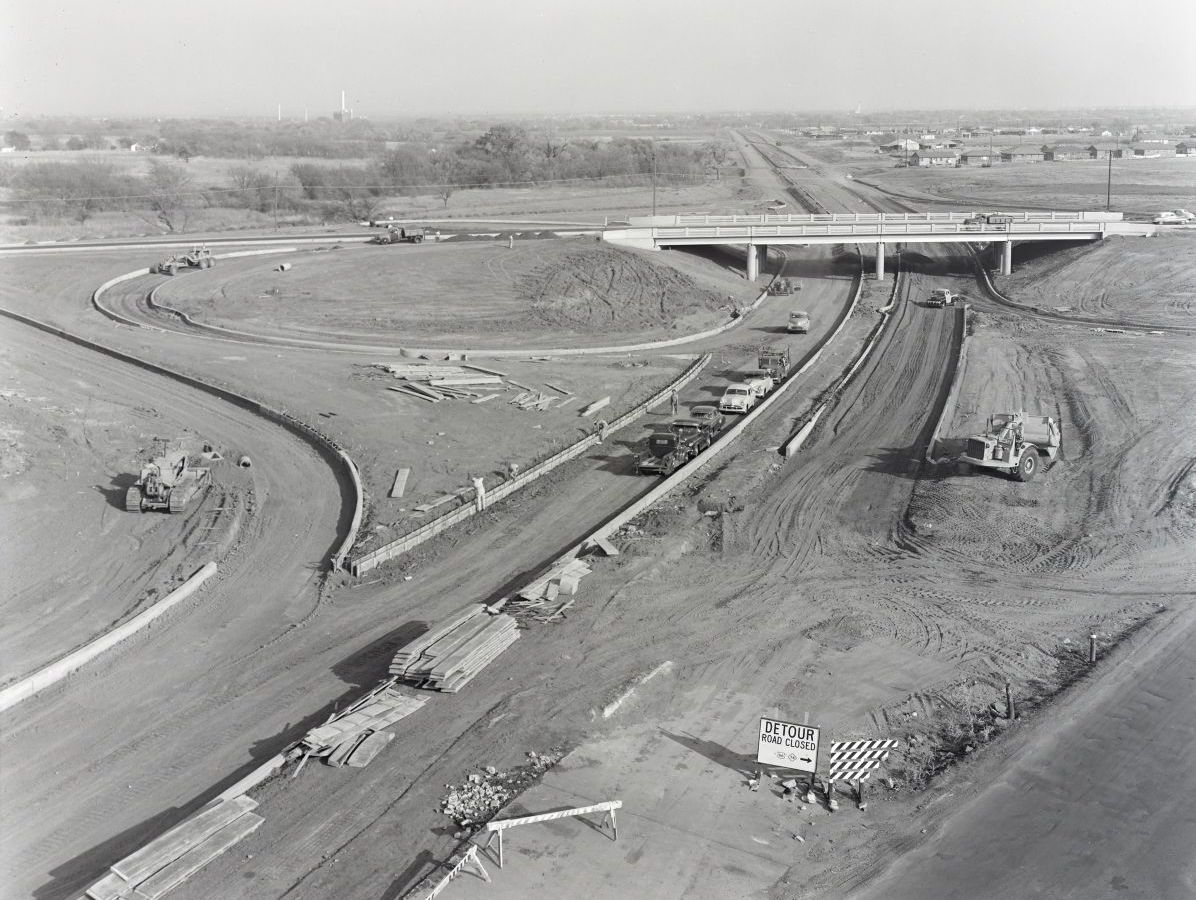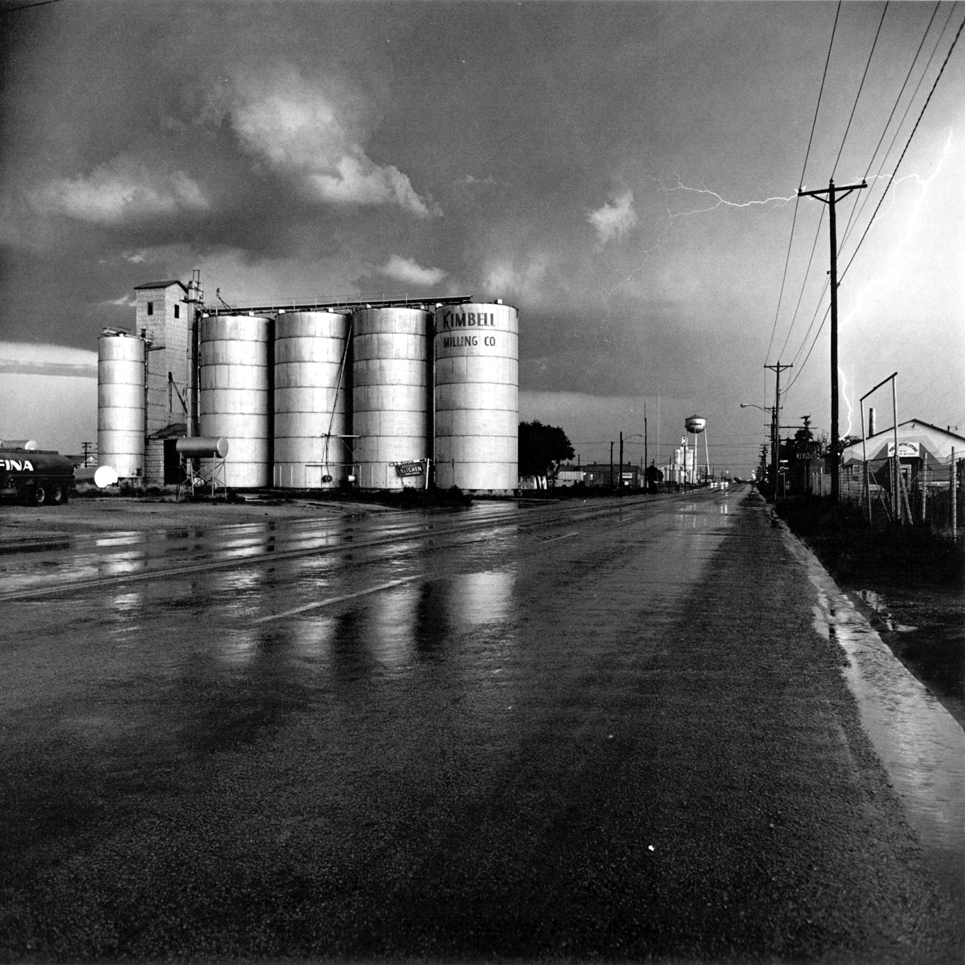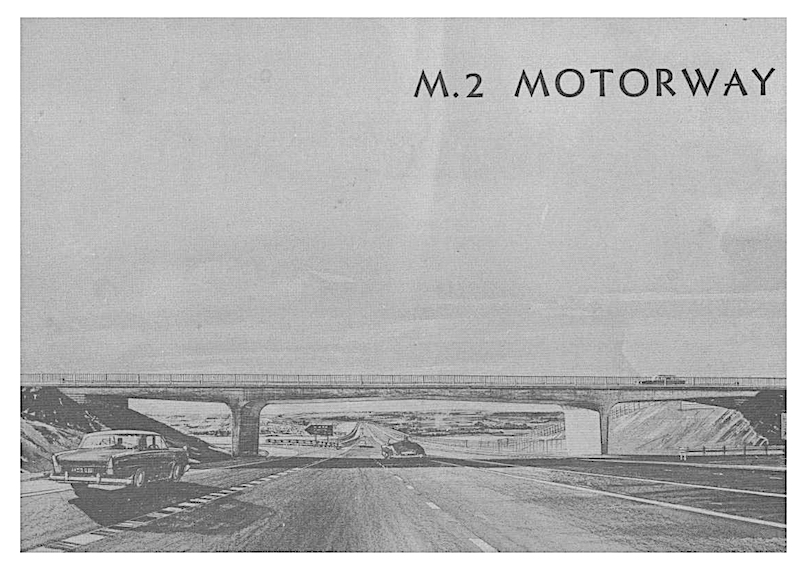The repeated incidences of lorries parked on both sides of the M20 motorway, queuing for the Channel Tunnel and ferries known as Operation Stack, has exposed serious shortcomings in transport policy and in the treatment of lorry drivers. Failures in logistics have placed the burden on lorry drivers, who are stuck sometimes for days in queues. Not only is this an appalling environmental problem, but is a serious breach of the welfare of lorry drivers. Lorry drivers are human, too: they need the loo, and rest, and food. Kent County Council's proposed solution of a massive lorry park near Ashford had to be abandoned because of environmental concerns. The orthodoxy that the solution to too much traffic is more roads has been strongly opposed for decades by urban activists (with some major successes) but has obviously not lost credibility in political bureaucracies.
Instead of more roads, with accompanying environmental degradation and without any improvement in logistics, my proposal is for an architectural space distinct from the motorway:
-
instead of a huge lorry park a utilisation of leftover space round the motorway - car parks, rest areas, brownfield sites
-
an undefined space in which lorry drivers could be free from the relentless discipline of the road, and could contest and define their own spaces as they saw fit; the undefined space would reinforce the temporary nature of the parking, as we can be sure that an enormous lorry park would relieve anyone from making more sustainable solutions
-
an architecture quite distinct from the pragmatic and banal service stations, an architecture of volumes and spaces, and defiantly vertical rather than the horizontal of the road.
The columns would act as spatial markers, next to which lorries could park and the drivers avail themselves of toilets and washing facilties.
I was surprised and gratified to see a report by the countryside charity
CPRE advocating some more sustainable solutions:
However we question whether a single large lorry park, which may only be called into use for a few days – if at all – in any year is the right solution. A better solution would offer real resilience to the logistics industry, rather than an ‘end of pipe’ fix which could be irrelevant under different market conditions.
We contend that instead of the expensive and damaging construction of a single lorry park, investment should be made to:
-
Support a network of dispersed, serviced truck stops which operate on a commercial basis and which have some degree of overflow capacity in the event of disruption to the channel crossings...
-
Incentivise the use of alternative ports of entry and exit, as well as modal shift away from road-based freight..
-
Work with the logistics industry, fleet operators and drivers to implement ‘smart queuing’ (smart phones, GPS and communications technology)
The photographs of queues of lorries is a far cry from what the motorways were expected to be, by the traffic engineers, if not the public.


